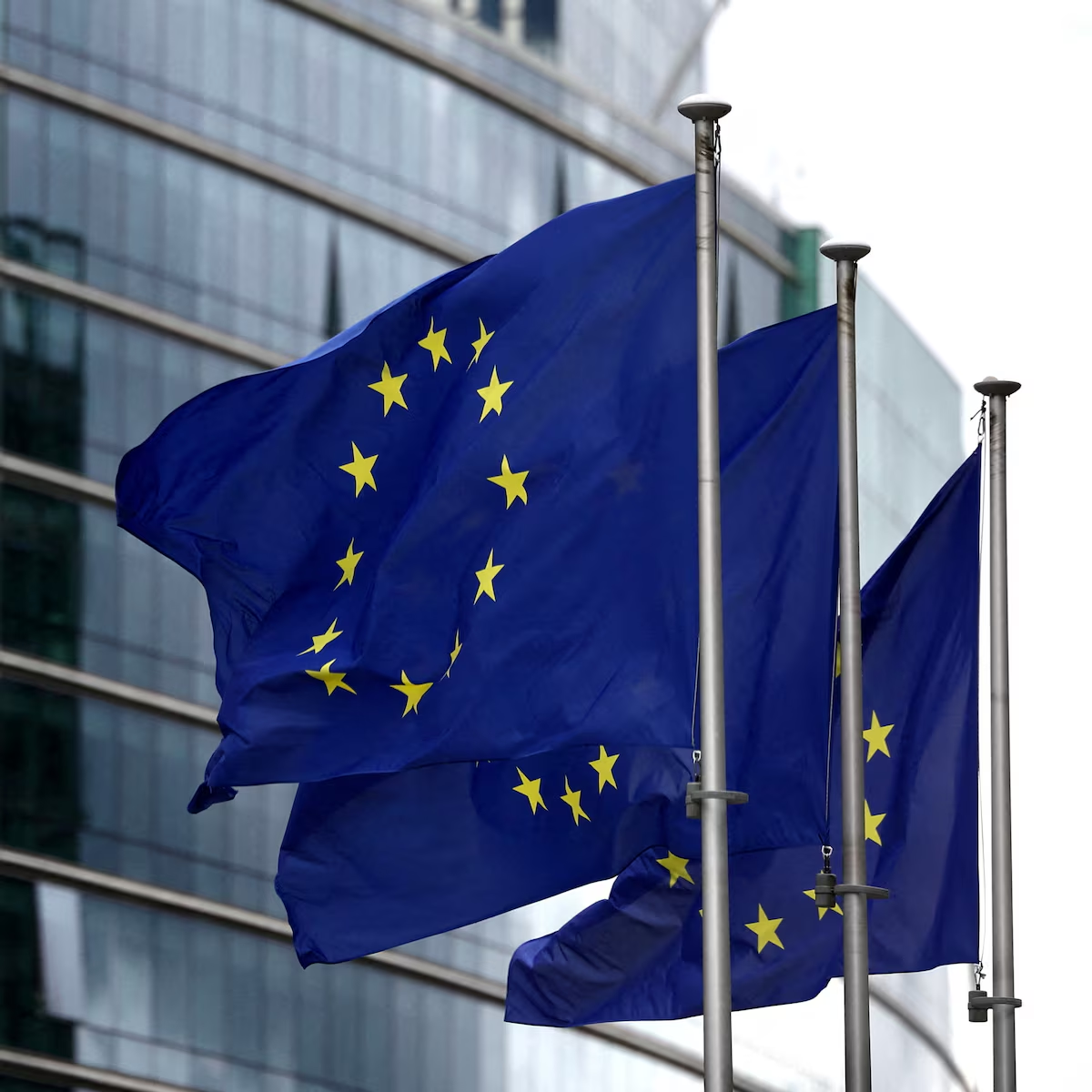The European Union has raised concerns over the United States’ new restrictions on the export of advanced AI chips, which include limitations on GPUs (graphics processing units) to certain countries. These measures, part of a broader U.S. strategy to maintain technological dominance and national security, have drawn criticism from EU leaders and industry players who see the move as disruptive to global collaboration in AI development.
The U.S. Export Restrictions
The Biden administration recently announced expanded export controls on advanced AI chips, targeting specific nations deemed to pose a strategic risk. The restrictions focus on high-performance GPUs and AI accelerators, which are critical for developing cutting-edge artificial intelligence technologies.
- Targeted Countries:
- The measures primarily impact countries like China, but certain EU nations are also indirectly affected due to supply chain complexities and licensing requirements.
- Key Technologies Restricted:
- GPUs, such as NVIDIA’s A100 and H100 chips, which are widely used in AI training and large-scale data processing.
EU Response and Concerns
European officials have voiced strong objections to the unilateral nature of the U.S. policy, arguing that it could hinder the region’s ability to compete in AI innovation. Several concerns have been outlined:
- Supply Chain Disruption:
- EU-based AI developers rely heavily on U.S.-made chips for their projects. Export restrictions could delay access to critical hardware, slowing progress in AI research and development.
- Economic Impacts:
- The restrictions could lead to increased costs for European companies, as limited GPU availability drives up prices. This could also stifle the growth of AI startups and smaller firms unable to absorb the higher costs.
- Geopolitical Tensions:
- EU leaders have emphasized the importance of global cooperation in technology development. The U.S. measures are seen as potentially fracturing international partnerships and fostering mistrust.
Industry Reaction
The AI and tech industries in Europe have expressed similar frustrations. Companies reliant on GPUs for AI training and deployment have warned of significant project delays and increased costs.
- NVIDIA and Other Suppliers:
- Major GPU manufacturers, including NVIDIA, have indicated that export controls could impact their revenues and limit their ability to serve global markets effectively.
- AI Startups and Researchers:
- Smaller firms and academic researchers have highlighted their vulnerability, as they lack the resources to navigate the regulatory and financial hurdles posed by the restrictions.
Potential Pathways Forward
To address the EU’s concerns, several measures have been proposed:
- Negotiations and Waivers:
- EU officials have called for exemptions or special waivers for European nations to ensure that access to critical AI technologies remains uninterrupted.
- Strengthening Domestic Capabilities:
- The restrictions have prompted renewed interest in developing Europe’s own semiconductor industry to reduce reliance on U.S. suppliers. Initiatives like the European Chips Act aim to bolster local production of high-performance chips.
- Collaborative Frameworks:
- European and U.S. policymakers have been urged to establish cooperative agreements to align export policies with shared goals, minimizing disruptions while addressing security concerns.
Conclusion
The U.S.’s AI chip restrictions have highlighted the delicate balance between national security and global technological collaboration. While the EU acknowledges the need for responsible export controls, the unilateral approach has sparked tensions that could hinder AI innovation on both sides of the Atlantic. Finding a collaborative path forward will be essential to ensure that technological advancements are not compromised by geopolitical divides.





